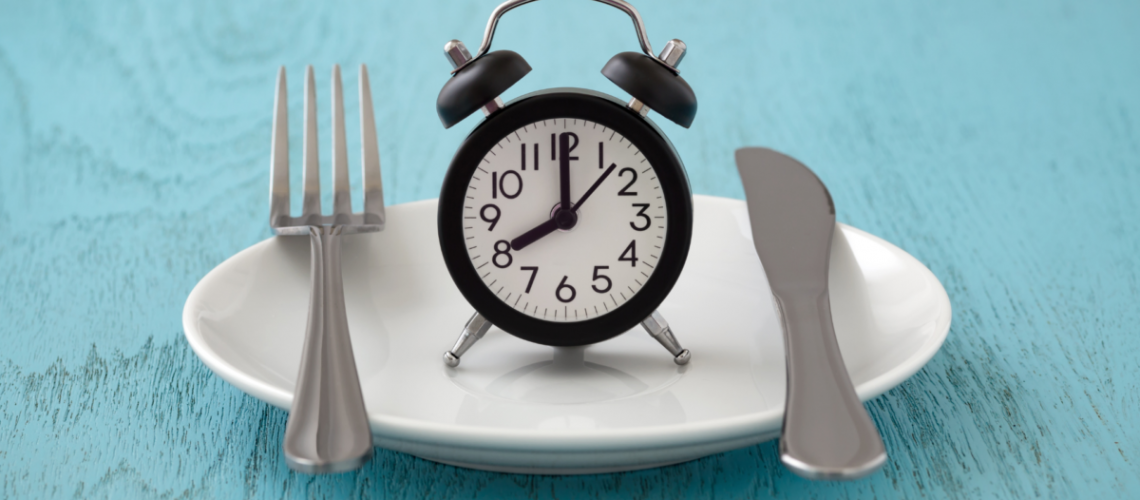The Meals & Entertainment Deductions have seen a lot of change in the last several years. In 2017, legislation from the Tax Cuts & Jobs Act (TCJA) placed limitations on the rules that had been in place for decades. Then, the Covid-19 pandemic hit. The Consolidated Appropriations Act (CAA) focused on re-building the economy, and briefly raised the amount of meal-related tax deductions from 2021-2022. Now, we’re back to TCJA rules – leaving meals at 50% and entertainment (mostly) non-deductible. Scroll over the icons in the sections below to learn the details of the various deduction rules.
2023 Meal & Entertainment Deductions
100% Deductible
Office Party

Transportation to a Meal

Meal as Compensation
Food Provided at a Seminar
50% Deductible
Client Business Meal

Meal During a Meeting

Travel Meals

Conferences

Meal During Entertainment*
Generally, the entertainment is not deductible. See next section.

Employer Convenience
This deduction is set to expire in 2025.

Occasional Employee Meal
This deduction is set to expire in 2025.

Snacks
This deduction is set to expire in 2025.
You can see three of the icons above are colored yellow – these indicate soon-to-expire deductions. Current legislation will eliminate business meals/food provided for the convenience of the employer beginning in 2025.
Not Deductible in 2023
The TCJA legislation eliminated deductions for entertainment expenses. Entertainment venues include night clubs, cocktail lounges, theaters, country clubs, golf and athletic clubs, sporting events, and hunting/fishing, vacations, and similar trips.

Entertainment Events*
You can deduct 50% of a meal at the event if the cost is stated separately.

Club Memberships
*Taxpayers must use caution when purchasing a meal during the course of an entertainment event. The meal should not be “part” of the entertainment. For instance, if you reserve a suite at a ball game and provide food for the suite, to get the deduction for the food, the invoice must state the cost of the suite and the cost of the food as separate line items.
Track Your Meal Expenses
In order to take these deductions, you must maintain documentation of your meals. These are the details you need to keep:
- The amount of the expenditure (including tax and tip).
- The date, time, and place of the expenditure.
- A list of who attended the meeting along with their title(s) and business name(s).
- An explanation of the purpose of the business discussion.
Keep a file with your receipts and these details organized and separate from non-deductible expenses. Your CPA does not necessarily need to see these receipts, but YOU need to keep them to backup your expenses in the case of an IRS audit. You can provide your CPA with the total amount for the year.

Taylor Clinkenbeard, CPA
Taylor is a Strategic Analyst in our tax and client accounting services teams. She has developed specific expertise in software, accounting processes, and tax laws to serve our clients.

